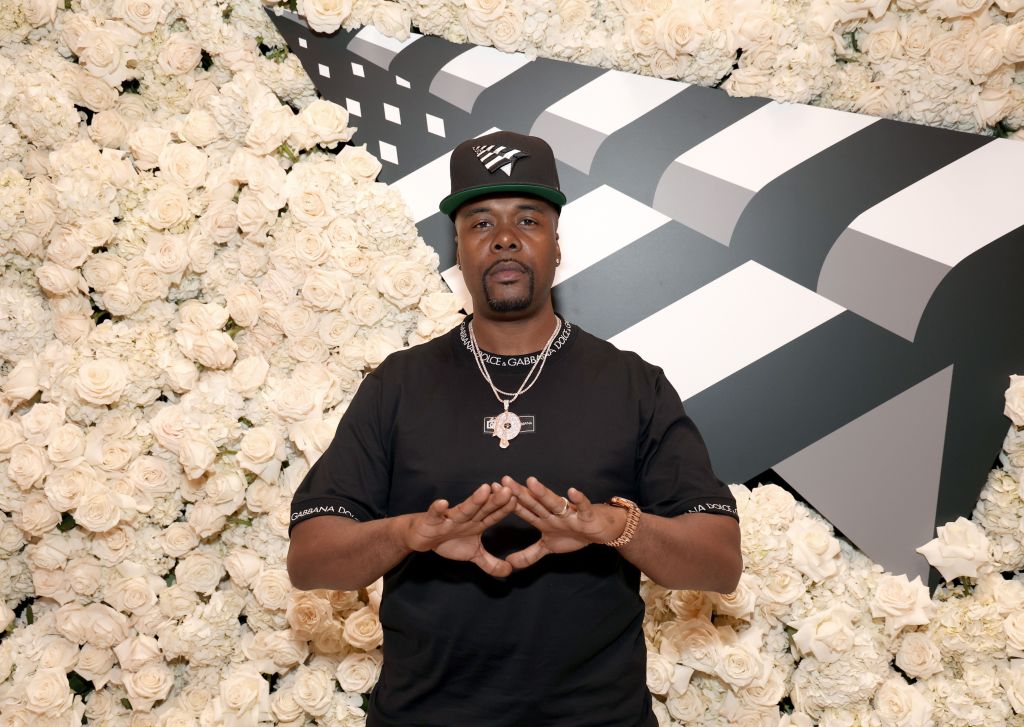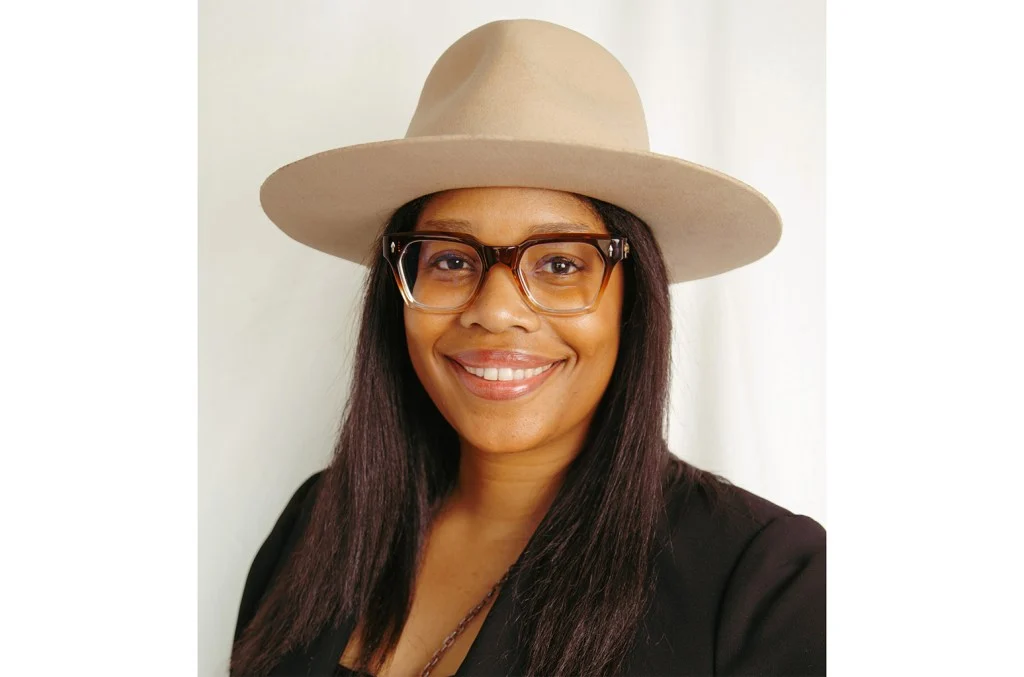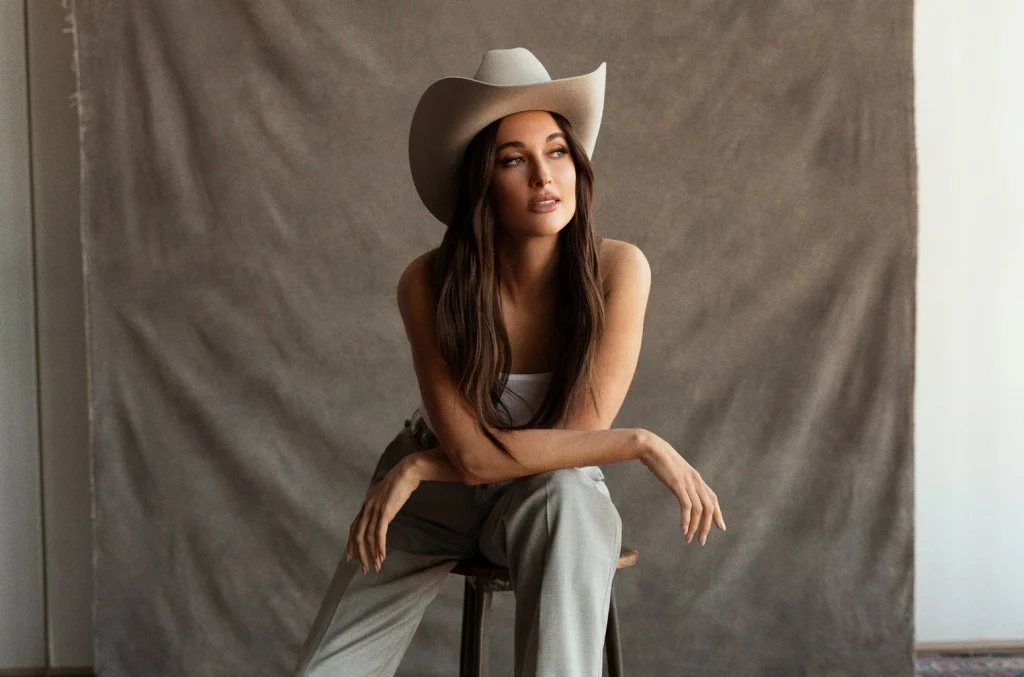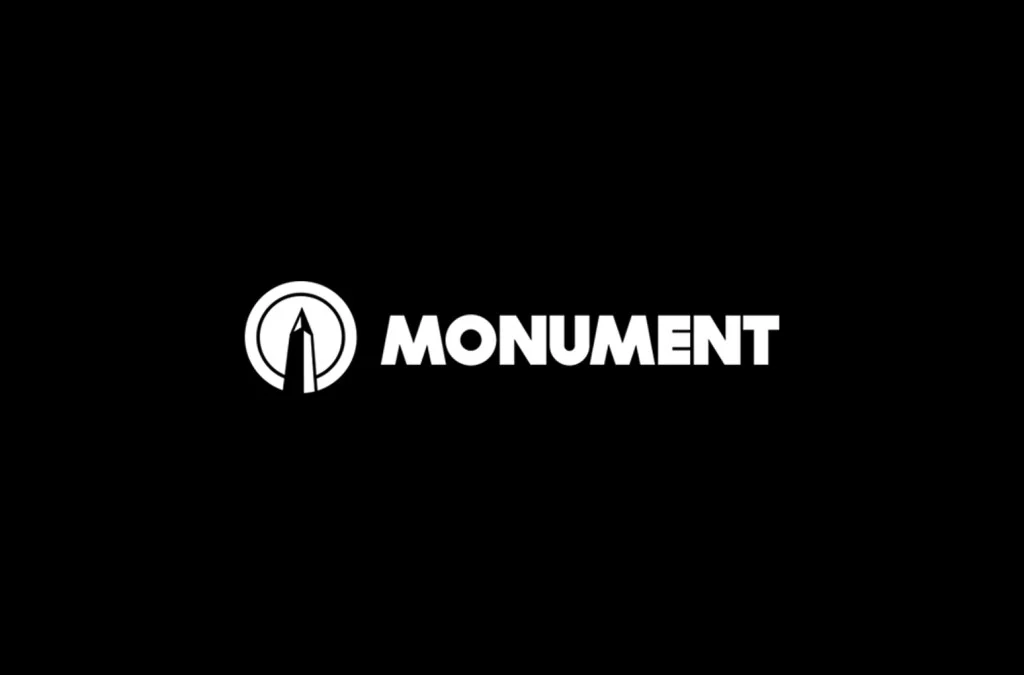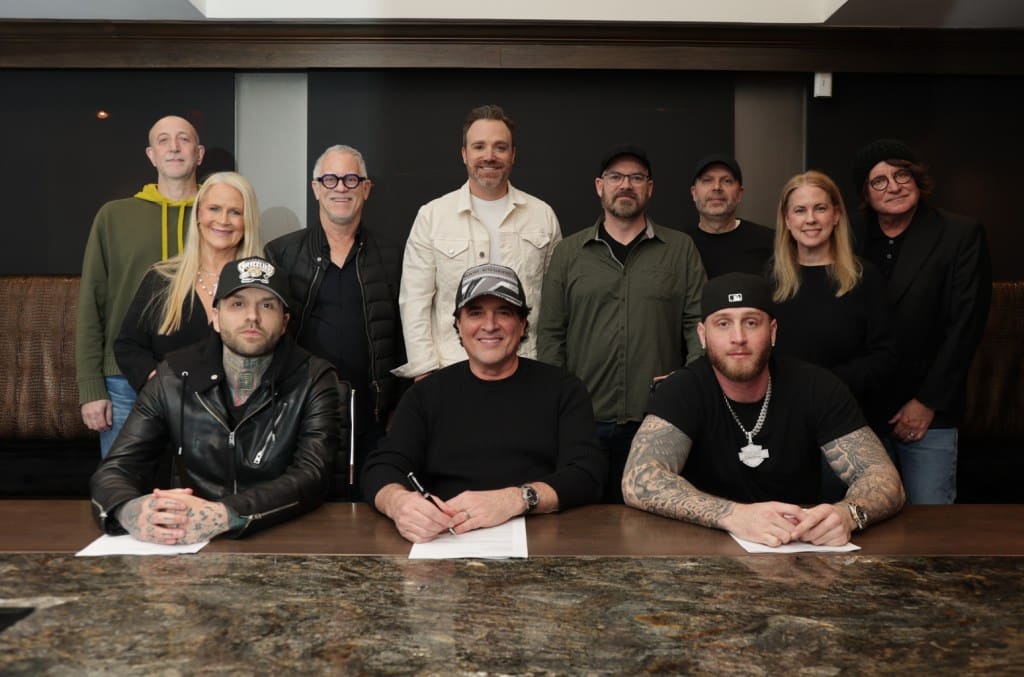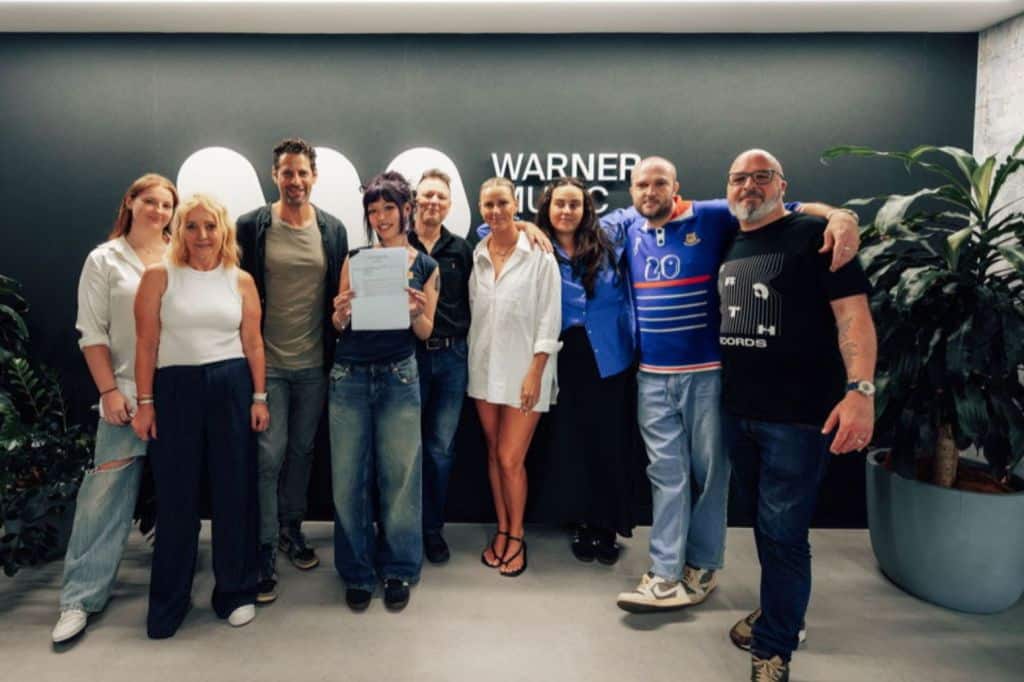record label
Source: Kevin Mazur / Getty
Roc Nation Distribution was announced over a year ago as a pathway to provide options to independent artists who want to get their music to the masses. Now, Roc Nation Distribution is upping its offerings to empower independent artists by launching a new dashboard feature.
By way of a press release from Roc Nation’s press team, Roc Nation Distribution announced its new dashboard feature on Monday (November 17) with a breakdown of what’s to come for those who sign up.
The dashboard will give artists access to data analytics. audience breakdowns, and distribution to DSPs for both music and videos to over 200 platforms. The dashboard also helps with gathering royalty statements and payments, publishing management, and the ability to upload artwork, among other tools.
While there are no costs or subscription fees for the service, Roc Nation Distribution will command 15 percent of the artists’ earnings, with 85 percent remaining with the artists, along with complete ownership of master recordings.
“The introduction of this new dashboard will be a game-changer for independent artists releasing music with Roc Nation Distribution,” Roc Nation Distribution President Krystian Santini said. “It’s a one-stop shop that will enable artists to receive a holistic understanding of their followers, so they can build impactful strategies and broaden their music’s reach without financial barriers. This dashboard is democratizing access to tools and information historically reserved for the very few established label superstars. Our technology is uniquely ours and sets a new standard with no equivalent in today’s music industry.”
To learn more, click here.
—
Photo: Getty
Trending on Billboard
Singer-songwriter Dalton Davis has signed a label deal with MCA/Republic Records. The North Carolina native, who is managed by Alex Lunt at Type A/The Familie, just released his new song, “Cows in the Front Yard.”
“The word that is often used to describe Dalton is ‘unique.’ He has a rare ability to blend timeless country storytelling with a modern edge that feels completely his own,” MCA president/CEO Mike Harris tells Billboard in a statement. “His songs are rooted in authenticity, and you can hear both the grit of his experiences and the heart behind his perspective. At MCA, we’ve always prided ourselves on championing artists who define eras and set the standard for what’s next. Dalton has that same kind of undeniable voice and vision — he’s not chasing a trend, he’s carving out a lane that feels fresh but also true to the heritage of our roster.”
Related
Of “Cows in the Front Yard,” Davis said the inspiration came from “a life of having less and wishing for more. I remember being in middle school when Rich Boy released the song ‘Throw some D’s’ and thinking to myself, ‘One day, I’ll be rich enough to put some fresh rims on a box Chevy.’ Now at 30 years old ‘Cows In The Front Yard’ is my ‘Throw Some D’s,’ my redneck dreams coming to fruition while still hoping and dreaming for more.”
Davis’s journey has taken him from being adopted by touring Gospel artists, to working with hip-hop engineers and producers. He’s opened concerts for artists including Midland, Ashley McBryde and Dwight Yoakam, and recently relocated to Nashville, following years spent refining his sound in Chattanooga, Tenn.
“Gospel music and Hip-Hop have played a major role alongside country music in the shaping of my artistry and I will forever be thankful for that,” Davis says. “From Gospel music I learned to write congregational music where a listener can find inspiration and sing along with you by the second chorus. From Hip-Hop, I learned to write conversational music that could be sung or read aloud in a conversation with a friend and fit fine in either setting. ‘Cows In The Front Yard’ is the perfect example of me bringing those together through the country lens that I sing and see life through.”
Related
His new song builds upon previously released tracks including “Sit Crooked,” “Blue Ridge Sky” and “So Far So Good,” which were released independently.
“The end goal is to make records that people from two different walks of life can pull up to a stop light jamming out to my music and neither party feels like they have to turn down the record,” Davis says.
Dalton Davis
Matthew Simmons
Regional Mexican music imprint Kartel Music is rebranding as K Music, it was announced on Monday (May 19).
Founded in 2019 in Riverside, Calif., the label has played a pivotal role in promoting regional Mexican music while helping drive its recent global expansion.
“This rebranding to K Music marks a significant milestone for our team and artists,” said Freddy Becerra, CEO/co-founder of K Music, in a statement. “In just a few years, our artists have topped charts and earned recognition from global tastemakers like Billboard. Our new name reflects an ambition with no borders.”
The decision to renew the brand is part of a strategy that promises to “continue to amplify its impact,” a press release reads, adding: “The new identity reflects the label’s evolution and global ambitions, reaffirming its commitment to growth rather than signaling any detachment from its cultural roots.”
K Music also boasts a refreshed visual identity and updated logo.
Trending on Billboard
Leonardo Soto, CFO/co-founder, added, “Our name may be new, but our heart remains the same. K Music will continue to uplift the Mexican talent and culture that shaped Kartel Music, even as we expand into new territory.”
K Music represents some of the genre’s hottest stars, such as Luis R Conriquez, who graced the cover of Billboard last September. His 2024 album, Corridos Bélicos, Vol. IV, debuted at No. 5 on Top Latin Albums, No. 3 on Regional Mexican Albums and No. 36 on the Billboard 200. Then there’s Tony Aguirre, who boasts 7.5 million monthly listeners on Spotify and has collaborated with Xavi and Luis R in the early stages of their careers.
The label is also home to acts such as Dinamicos Jrs and Joel de la P, who has written hits for Peso Pluma and Tito Double P and released his breakout track, “Dembow Bélico.” K Music’s rebranding comes six years after its launch amid an ongoing crackdown on narcocorridos in Mexico.
Sugar Hill Records co-founder and longtime owner Barry Poss died Tuesday, May 13 at age 79 following a battle against cancer.
Poss was born in Brantford, Ontario, Canada on Sept. 7, 1945. After graduating from Toronto’s York University, he began studying sociology at North Carolina’s Duke University in 1968, as a James B. Duke Graduate Fellow. While still a graduate student at Duke, he attended the Union Grove Fiddler’s Gathering. He also learned traditional, old-time sounds from musicians including Fred Cockerham, Tommy Jarrell and Tommy Thompson.
Poss began working for David Freeman at Rebel Records and County Records, learning about the record business and later launched Sugar Hill Records with Freeman in 1978. That same year, Sugar Hill released its initial project, One Way Track, from the group Boone Creek, which featured Terry Baucom, Steve Bryant, Jerry Douglas, Wes Golding and Ricky Skaggs. Two years later, Poss took over control of the company and relocated it to Durham, North Carolina.
Sugar Hill Records became a home and championing label to scores of bluegrass, Americana and roots artists — including Jerry Douglas, Ricky Skaggs, Nickel Creek, The Seldom Scene, Tim O’Brien, Sam Bush, Sarah Jarosz, Doyle Lawson & Quicksilver, The Infamous Stringdusters, Robert Earl Keen, Hot Rize, Lonesome River Band, Bryan Sutton, Guy Clark, The Del McCoury Band, Ronnie Bowman, Guy Clark, Rodney Crowell, Robert Earl Keen, Lyle Lovett and Townes Van Zandt.
Trending on Billboard
The label was part of 12 Grammy-winning projects, including five projects that won a Grammy for best bluegrass album, from artists including Parton, Del McCoury Band and Nashville Bluegrass Band. Parton recorded albums like 2001’s best bluegrass album-winning The Grass Is Blue and 2002’s Halos & Horns for the label.
Poss sold the label to Welk Music Group in 1998 and became its chairman in 2002. In 2015, Concord Bicycle Music acquired the label.
Beyond his work at Sugar Hill Records, Poss was instrumental in the formation of the International Bluegrass Music Association (IBMA), and served as a founding board member of the Bluegrass Music Hall of Fame and Museum. He was also honored with the IBMA’s distinguished achievement award in 1998 and won the IBMA liner notes of the year honor alongside Jay Orr in 2007 for penning the liner notes for the project Sugar Hill Records, A Retrospective. He was also honored with a lifetime achievement award from the Americana Music Association in 2006.
IBMA Executive Director Ken White says in a statement, “Barry Poss was not just a champion of roots music and the artists that make it, but he was instrumental in the founding of our organization. For that and so much more, we will always be grateful.”
Candice Watkins has been named president of Capitol Records Nashville and executive vp of Capitol Christian Music Group.
Watkins’ new role comes as Capitol Music Group brings Capitol Christian Music Group (CCMG) and its country division, Capitol Records Nashville, under the Capitol Music Group Nashville umbrella. Artists who were previously signed to Capitol Records Nashville will remain at the newly formed Music Corporation of America (MCA) Nashville label.
Capitol Christian Music Group, which includes Motown Gospel and Tamla and distribution operations, will continue to be led by its longtime president, Nashville-based Brad O’Donnell, whowill continue to report to Tom March. CCMG is home to artists including Chris Tomlin, Anne Wilson, Tasha Cobbs Leonard and Josiah Queen; it also publishes the song catalog for gospel music luminary Kirk Franklin.
Watkins previously served as senior vp of marketing at Big Loud Records, working with artists including Morgan Wallen, HARDY, ERNEST, Stephen Wilson Jr. and Hailey Whitters. Prior to her work at Big Loud, Watkins served in marketing and artist development role at UMG Nashville and held positions at Red Light Management, Mozes Inc., Borman Entertainment and Cross Point Church.
Trending on Billboard
Capitol Music Nashville is located on Martin Street in the Wedgewood Houston area of Nashville in a 40,000-square-foot space that includes state-of-the-art recording studios, a live performance space and content studios. It will have the support of the Capitol Tower in Los Angeles for all label services.
“This reorganization reflects our commitment to growing our Nashville operations as a core creative hub in Christian, gospel and country music,” said Capitol Music Group CEO Tom March in a statement. “We’re looking forward to signing and developing the next generation of country artists on Capitol Records Nashville and are thrilled to have an executive of the caliber of Candice Watkins to lead our ambitious plans in country music while also bringing her expertise to our gospel and christian music operations.”
“This new structure will empower our Nashville executives to better serve the incredible artists on our roster. Candice is a brilliant music marketing executive who has an amazing track record in developing career artists,” said John Janick, chairman of Interscope Capitol. “Having her lead our country music business in Nashville and also add her extensive artist development expertise to our CCMG team is going to be great for our artists and for the entire executive team.”
Watkins commented: “It’s a true honor to step into the role of President of Capitol Records Nashville and EVP of Capitol Christian. These labels have a rich legacy in partnering with some of the most brilliant artists of our industry and I look forward to contributing to its continued success and cultural impact. Excited to collaborate with John, Tom, Lillia and Brad in boldly championing creatives and visionaries.”
Kacey Musgraves is coming full circle with her new label deal, signing to the recently relaunched, Nashville-based Lost Highway Records. The eight-time Grammy winner was the final artist signed to the label in 2011. In 2012, Lost Highway was absorbed by Mercury Nashville as Musgraves was crafting her debut studio album Same Trailer, Different Park (which contained her breakthrough hit “Merry Go ‘Round”).
Now, she is the first artist signed to the revitalized label.
Trending on Billboard
Lost Highway’s revival was announced earlier this month, with former Thirty Tigers executive Robert Knotts and Universal Music Group Nashville (UMGN) executive Jake Gear serving as co-heads and executive vps of the resurrected label.
“Lost Highway was always a musical stable for artists who might be considered outliers or outlaws; those who live on the fringe,” Musgraves said in a statement. “In 2011, when other record labels questioned my songwriting and my more traditional country sound, Lost Highway believed in me, signing me to my first label deal and helped me take my music around the world. That journey has now come full circle in such a special way with John Janick and Interscope and I’m deeply honored to be able to once again call Lost Highway my musical home.”
Musgraves is celebrating the label deal with Lost Highway Records by releasing her interpretation of the label’s namesake song, the Leon Payne-written “Lost Highway,” which Hank Williams covered in 1949.
John Janick, chairman/CEO, Interscope Capitol and IGA, said in a statement, “Kacey exemplifies the kind of culture- shifting, left-of-center artists that Lost Highway has always been known for. Given the close relationship she’s had with both Lost Highway and Interscope, it seemed only natural for her to be the first artist signed in this new chapter.”
Music exec Luke Lewis, who founded Lost Highway in 2000 and signed Musgraves in 2011, said in a statement: “For 20 years, my job was to run Mercury and MCA labels, which were primarily mainstream country endeavors. The last 10 years of my time there were passionately dedicated to starting and leading Lost Highway, which was the most rewarding time of my entire career. The label went on to cultivate some of the greatest singer/songwriters I have had the honor to work with, and I am extremely proud to have helped them further their amazing musical journeys. I am beyond grateful that this very special label is now in the hands of John Janick, Robert Knotts, Jake Gear and the Interscope team, and I am certain Lost Highway will have an incredible second inning.”
Country music label Monument Records, home to artists including Walker Hayes and Tigirlily Gold, is folding, with some aspects of the label to be overseen by Sony Music Nashville, Billboard can confirm. No reason was given for the label’s shuttering. Country Aircheck first reported the news. Sony Music songwriter/producer Shane McAnally and manager Jason Owen […]
“Truck Bed” hitmaker and multiple award winner HARDY has launched label imprint Crow Records in partnership with Big Loud Rock. The inaugural signing to Crow Records is Sikarus, who will release his label debut, “Nonchalant,” tonight (Feb. 27).
HARDY formed Crow Records with his longtime partners at Big Loud Rock to sign, develop and release music from artists HARDY is inspired by.
Sikarus is the solo project from Nashville songwriter Jordan Brooker, who has written for Luke Combs (2019’s “Refrigerator Door”), among other artists. Brooker was raised on classic rock artists including Led Zeppelin and Nirvana, as well as turn-of-the-century alt-rock and pop-rock artists.
Trending on Billboard
“The second I heard Sikarus’ music I thought to myself, ‘What a cool sound, I want to do anything I can to be able to work with him,’” HARDY said in a statement. “I’ve known Jordan for many years and I’m so excited to finally be able to say that we are officially working together. I love rock ‘n’ roll, I love exploring new things and I couldn’t be happier for Sikarus to be the first artist signed to Crow Records.”
“I’m incredibly honored to be the first signing at Crow Records,” Sikarus added. “I think HARDY is one of the most brilliant musical minds I’ve ever met. We’ve been friends for a long time, so getting the chance to work with him in this capacity is so dope. ‘Nonchalant’ is all about that attitude of going with the flow and not getting hung up on the little things. It can be a really beautiful quality in a person, so much so that it makes you want to write a song about it.”
“HARDY is a generational talent and all of us at Big Loud Rock are honored to continue strengthening our partnership with him by joining forces on Crow Records,” Big Loud partner/Big Loud Rock president Joey Moi said. “Developing the next generation of alternative and rock artists is at our core, and collaborating with HARDY to sign and foster new talent in the space has the whole team excited as we continue to expand.”
HARDY has earned a trio of Billboard Country Airplay chart-toppers, as well as three No. 1s on the Hot Hard Rock chart. His recent project Quit!! topped the Hard Rock Albums chart with songs including “Rockstar” and “Psycho,’ as well as collaborations with Red Hot Chili Peppers’ Chad Smith and Limp Bizkit’s Fred Durst. Quit!! follows HARDY’s sophomore album, The Mockingbird & THE CROW, which featured both country and rock songs.
Sikarus will join HARDY on select dates of the Jim Bob World Tour this year, playing arenas and amphitheaters across the United States, including a stop at New York’s Madison Square Garden on Sept. 24.
See the full list of tour dates below:
Aug. 14—T-Mobile Center @ Kansas City, MO*
Aug. 15—Denny Sanford PREMIER Center @ Sioux Falls, SD*
Aug. 16—Somerset Amphitheater @ Somerset, WI*
Aug. 21—Van Andel Arena @ Grand Rapids, MI*
Aug. 22—Pine Knob Music Theatre @ Clarkston, MI*
Aug. 29—Maine Savings Amphitheater @ Bangor, ME*
Aug. 30—Xfinity Theatre @ Hartford, CT*
Sept. 4—Empower Federal Credit Union Amphitheater at Lakeview @ Syracuse, NY*
Sept. 5—The Pavilion at Star Lake @ Burgettstown, PA*
Sept. 6—Hersheypark Stadium @ Hershey, PA*
Sept. 11—Brandon Amphitheater @ Brandon, MS†
Sept. 12—Coca-Cola Amphitheater @ Birmingham, AL†
Sept. 13—CCNB Amphitheatre @ Simpsonville, SC†
Sept. 18—Lakewood Amphitheatre @ Atlanta, GA*
Sept. 19—MIDFLORIDA Credit Union Amphitheatre @ Tampa, FL*
Sept. 20—iTHINK Financial Amphitheatre @ West Palm Beach, FL*
Sept. 24—Madison Square Garden @ New York City, NY*
*With Koe Wetzel and Stephen Wilson Jr.
†with Stephen Wilson Jr.
Big Machine Records has signed to its roster duo Something Out West, featuring actor/musician Chet Hanks and musician Drew Arthur. The duo’s debut song for the label, “Leaving Hollywood,” is set to release Feb. 28, while Something Out West is currently working on a project with producer Julian Raymond. Big Machine Records’ roster also includes Tim McGraw, Carly Pearce, Midland, Rascal Flatts, Jackson Dean and more.
The duo formed after Hanks and Arthur were roommates in California while each was setting out on a journey toward sobriety. The friendship evolved into musical collaboration and songwriting sessions. In 2018, Hanks and Arthur recorded under the name FTRZ, releasing the song “Models.” Eventually, they made their way to Nashville to continue writing and recording.
Trending on Billboard
Hanks previously told US Weekly the upcoming new music is based off of “a lot of meaningful life experiences and heartbreak and all that good stuff.”
“Drew and Chet are building a one of a kind sound and story with Something Out West, powered by their undeniable energy and creative connection,” Big Machine Label Group chairman & CEO Scott Borchetta said in a statement. “We’re thrilled for them to join the Big Machine Records family and for the world to experience this fresh, dynamic duo.”
“Upon the first moment meeting Chet and Drew, I was immediately struck with their creative spirit and artistic vision,” added Kris Lamb, evp/general manager of Big Machine Records. “Something Out West know exactly who they are, and Big Machine Records is thrilled to fuel their journey.”
“We’re thrilled to partner with Big Machine and Scott Borchetta,” Hanks said in a statement. “The support they’ve shown for ‘Leaving Hollywood’ and the rest of the music has been incredible. Drew and I have been making music together for a long time, and we feel really proud to have a home at Big Machine for this upcoming project.”
“I wrote ‘Leaving Hollywood’ five years ago, but it feels like the timing and the way we’re releasing it were always meant to be,” Arthur added. “We’re excited for people to hear what we’ve been working on.”
Esha Tewari is taking the next big step in her career. The rising singer-songwriter has officially signed with Warner Music in collaboration with Atlantic Records, setting the stage for a massive year ahead.
The deal, announced today (Jan. 30), marks a pivotal moment for Tewari, who built an impressive following through TikTok and streaming platforms.
Trending on Billboard
“I am super excited to welcome Esha Tewari to the Warner Music family and to be working with Atlantic Records to take her music to a global audience,” Rosen said. “Esha is an incredible talent with a unique ability to connect with her fans through her songs, and I can’t wait to work with her to amplify her music and her authentic storytelling to every corner of the world.”
For Tewari, the decision to sign with Warner wasn’t just about major-label backing—it was about finding a team that aligned with her fiercely independent vision.
“I’m so excited to be a part of the Warner Music family,” Tewari comments in a statement. “From LA to New York, we met with executives who spoke about an evolving label system that now gives artists more ownership and control. Warner stood out as their actions matched their words.”
She continues, “Especially this early in my career, the deal I have done with Warner Music gives me the ability to remain hands-on with the whole creative vision, and allows me to remain the leader of my now expanded team.”
Tewari first started making waves in February 2024 by posting covers and original songs on TikTok, quickly amassing a loyal fanbase she calls “Tewarians.”
Her independently released single “Beautiful Boy” went viral, catapulting her to over 601,000 monthly Spotify listeners, 217,000 Instagram followers, and 172,000 TikTok followers.
Her success continued with the release of two EPs—i can and Better Off—which helped establish her indie-folk sound. Now, she’s gearing up for her third EP, led by the heartfelt new single “You Were Mine,” which has already racked up 17,000 TikTok creations using the original sound.
With her career gaining momentum, Tewari is preparing for a North American tour in mid-2025, but first, she’s returning to Australian stages this April and May for her second national headline tour.
If the demand is anything to go by, she’s becoming a serious live force—Sydney, Brisbane, Melbourne, and Perth have already sold out, prompting a second show in Perth, while Adelaide is nearing capacity. It follows her completely sold-out Australian tour in November 2024.

 State Champ Radio
State Champ Radio 